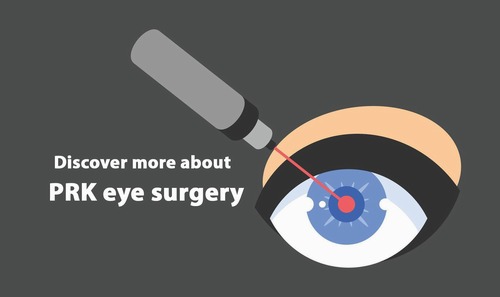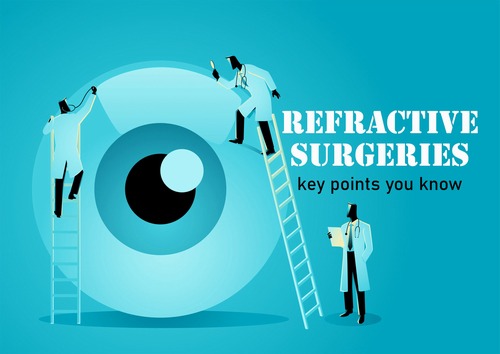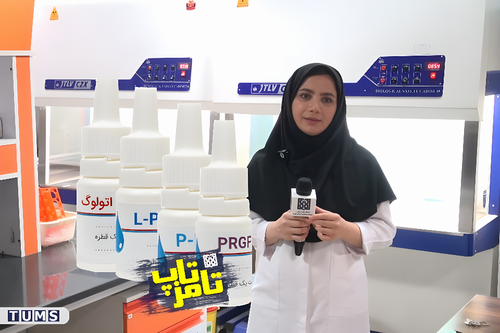- Aug 20 2024 What causes corneal ulcers?
- Aug 19 2024 Endophthalmitis: A Serious Eye Infection
- Aug 15 2024 Discover more about PRK eye surgery
- Aug 9 2024 Key Points you know about refractive surgeries
- Jul 28 2024 Protect yourself from dengue fever: Here's how
- Jul 28 2024 A Silent Threat, It Is Time to Action
- Mar 12 2024 Glaucoma: Early Detection, Lifelong Vision

Farabi Eye Hospital's Vitreoretinal Department: A Deep Dive into the Retina
Farabi Eye Hospital, renowned as the nation's leading ophthalmology center, has made significant strides in diagnosing and treating retinal and vitreous diseases. The hospital's Vitreoretinal Department stands as one of the most specialized and advanced units in this field, leveraging cutting-edge technology and knowledge to provide comprehensive and high-quality care.
The primary mission of the Vitreoretinal Department at Farabi Hospital is to:
- Deliver advanced diagnostic and therapeutic services: Provide the most precise and comprehensive diagnostic and therapeutic services to patients suffering from retinal and vitreous diseases.
- Foster education and research: Train ophthalmology specialists in the field of vitreoretina and conduct fundamental and clinical research to enhance knowledge and improve disease treatment.
- Develop new technologies: Implement and develop innovative technologies for diagnosing and treating retinal and vitreous diseases.
- Collaborate with scientific and research centers: Foster connections with domestic and international scientific and research centers to exchange knowledge and experiences.
The vision of the Vitreoretinal Department at Farabi Hospital is to become an internationally recognized referral center for retinal and vitreous diseases. To achieve this vision, the department strives to:
- Become a scientific and educational reference: Be recognized as a national and international scientific and educational reference in the field of retinal diseases.
- Provide comprehensive services: Offer all diagnostic and therapeutic services related to retinal and vitreous diseases to patients.
- Develop innovative technologies: Employ cutting-edge technologies to enhance the accuracy and effectiveness of retinal disease diagnosis and treatment.
- Reduce disease burden: Contribute to reducing the disease burden in society through prevention, early detection, and effective treatment of retinal diseases.









